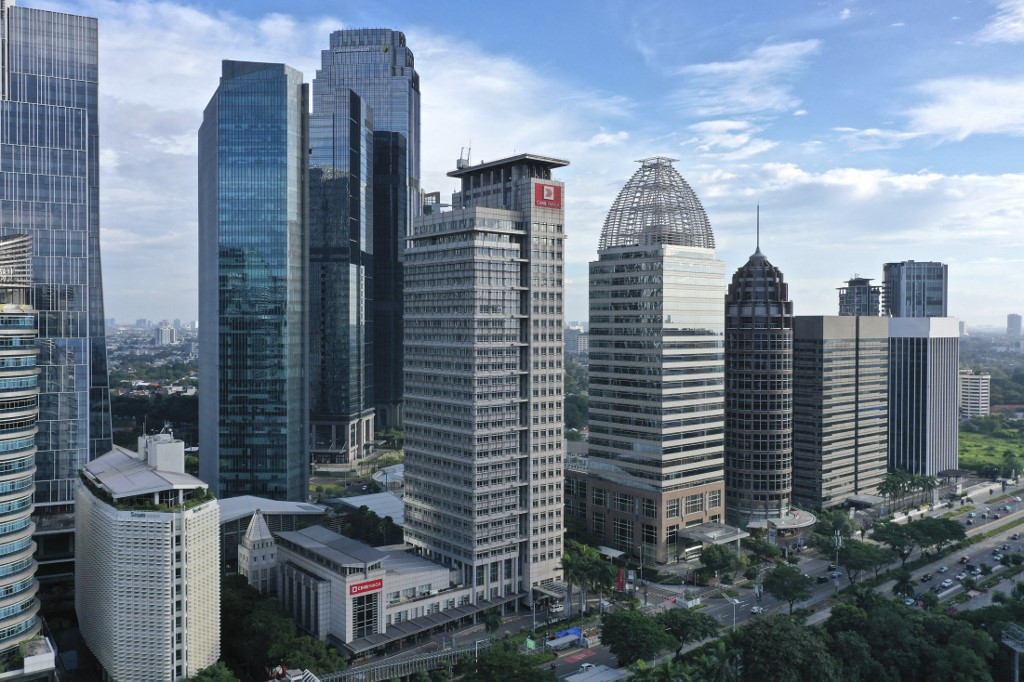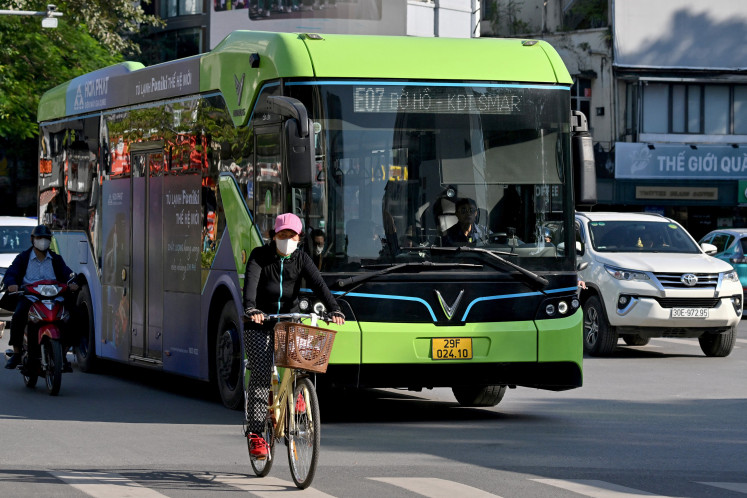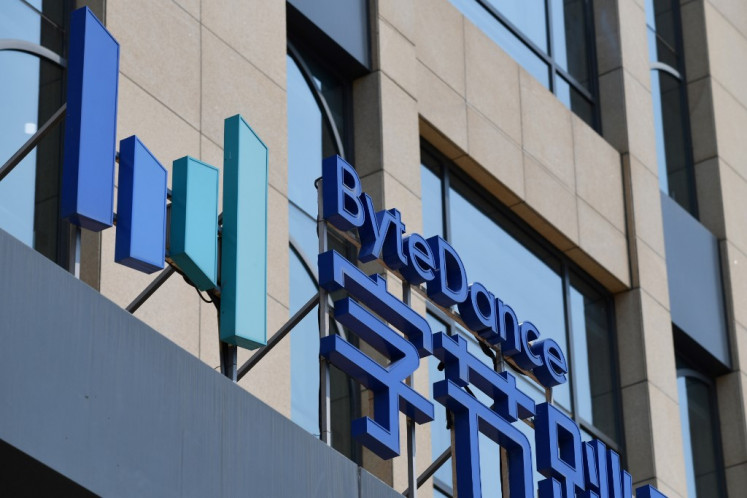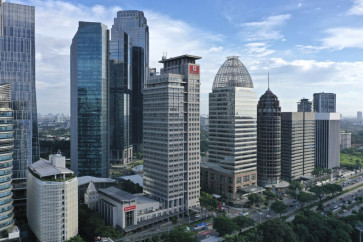Popular Reads
Top Results
Can't find what you're looking for?
View all search resultsPopular Reads
Top Results
Can't find what you're looking for?
View all search resultsRI’s restrictive trade hurts manufacturing: World Bank
Change text size
Gift Premium Articles
to Anyone
T
he World Bank has criticized Indonesia’s trade policies for their restrictions on imports, as studies show that such measures are counterproductive to achieving value-added manufacturing development.
During the launch of the Indonesia Economic Prospects (IEP) 2022 December edition on Thursday, the Bretton Woods institution explained that non-tariff measures (NTMs), services-trade restrictions and trade-facilitation issues needed to be addressed in order to accelerate manufacturing growth.
World Bank research showed that Indonesia’s trade volume in goods and services over the past 40 years was half the global average, but only a third of the growth in Malaysia, Thailand and the Philippines.
Deindustrialization that happened after the Asian Financial Crisis, meanwhile, had shrunk the country’s value-added exports from 31 percent of total gross domestic product (GDP) in 2002 to just 19 percent in 2021.
“Indonesia's trade potential has been slightly lagging behind the unprecedented growth of world trade over the past four decades,” World Bank senior economist Csilla Lakatos said.
The institution’s officials explained that, although the reduction of Indonesia’s import tariffs had been “significant”, the use of NTMs had risen during the same period.
Such measures equaled 30 percent of tariffs, she said, and 30 percent of these NTMs were 15 times the level of tariffs in the country.



















